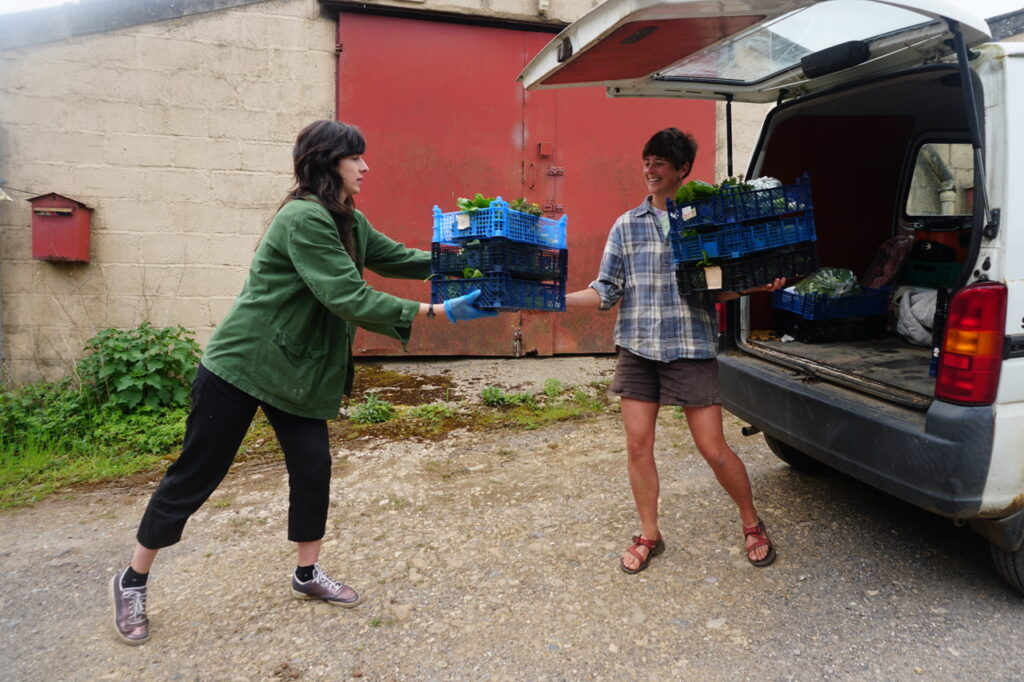It’s easy to feel disempowered these days, but this is an issue where we can all do something. Food security means reliable access to enough good quality, affordable, sustainably produced food. Many experts believe that food shortages and price rises will be a major impact of climate change during the next few years.
You may be noticing there are ongoing gaps on supermarket shelves. This year’s wheat harvest is 40% down in the UK, and there are other crop failures across the world. In 1984, Britain produced 80% of its food: this shrank to 60% in 2018. Our cheap food policy has made us vulnerable. However, compared to many countries, Britain has a real opportunity to adapt. Whereas Mediterranean countries face ongoing droughts, our outlook is for wetter winters and hotter summers.

Research
I commissioned some research on how to adapt food production to our future weather patterns: the report is now available free of charge, click here for the full document, or here for a summary. The report offers detailed guidance for professional and home growers, farmers, and consumers. The key conclusions are:
- A range of adaptive cultivation practises will be needed, e.g. rainwater capture, intercropping
- Changes in crops and varieties can enable local producers to adapt
- Some of the more resilient crops are lower-yielding, e.g. heritage varieties, or need more labour-intensive methods
- Local-scale storage or processing of some crops will be desirable
- In general, more resilience is achievable, but involves extra costs which need funding
Action
I am working with a small team exploring how to raise food security in my home town, Bridport: a market town of 16,000 people in West Dorset. We hope that our experience here can be used by other communities across the UK.
From the outset of our project in early 2020, we have worked in collaboration with existing local organisations, with producers and retailers, and with consumers and home growers. We have had good numbers and lively participation in our online seminar about the research, and now have several initiatives underway. These include:
- Ambassador Allotments: Several local organisations and individuals are sharing their expertise in climate adaptive approaches for home growers.
- Affordable Cooking: We’re discussing a plan for two local restaurants to run classes on cooking healthy, affordable food, as a way to address food poverty.
- Bridport Food Hub: This would draw on experience from other hubs in our region (e.g. see www.tamargrowlocal.org). It could help to increase purchases of local, sustainable food and provide an outlet for climate responsive produce and processed products.
To see more about our projects, go to www.futurescanning.org/local-communities/. We will continue to share our news and progress via this website and occasional newsletters. One reason this initiative may be reproducible is that we’re working on a shoestring budget, aiming to maximise synergy between all the parties involved in our local food economy.
